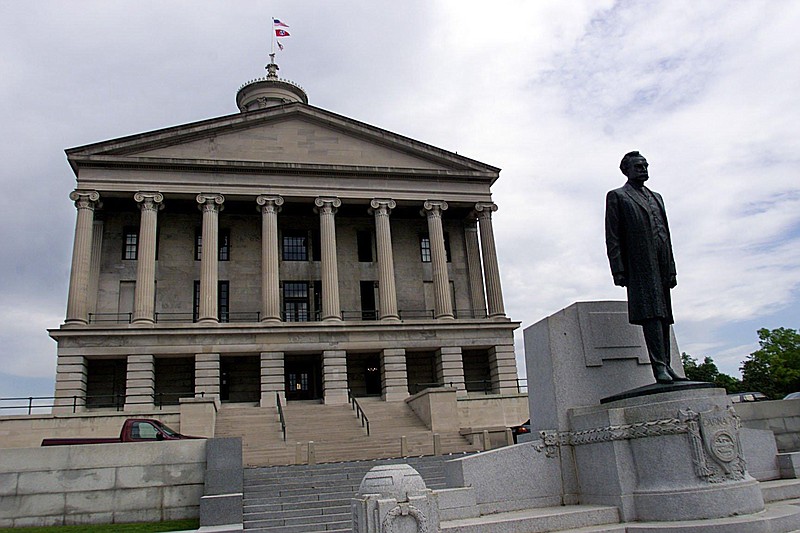The Tennessee Supreme Court agreed Thursday to take up the state's appeal on the education savings account program after two lower courts found it unconstitutional.
The decision came nine months after Davidson County Chancellor Anne Martin ruled the voucher law would violate the state Constitution's home rule provision by targeting only Metro Nashville Public Schools and Shelby County Schools without approval by local voters or a local legislative body.
Decisions by Martin and the Tennessee Court of Appeals dealt blows to Gov. Bill Lee's signature education initiative, which barely made it through the General Assembly.
The program would give about $7,300 in state funds to up to 5,000 qualifying students in Shelby and Metro Nashville school districts to use for private school tuition.
Metro Nashville contended the Supreme Court shouldn't hear the case because the state offered no new arguments against earlier rulings. In contrast, the state argued school districts should be considered separate entities from Shelby County and Metro Nashville governments and, therefore, should fall under the auspices of state government.
Questions surrounding the voucher vote led to FBI and TBI investigations and could still be tied to an ongoing FBI probe of former Tennessee House Speaker Glen Casada, two other lawmakers and some former and current House Speaker staff.
House Education Administration Committee Chairman Mark White, who helped ferry the bill through the Legislature, said he hopes the Supreme Court will overturn earlier decisions, especially in the midst of the COVID-19 pandemic.
(READ MORE: Lee's private school voucher plan could hit $125 million, impact 15,000 kids by Year 5)
"I'm encouraged," said White, an East Memphis Republican. "With all the struggles the [Education Savings Account] had going through the General Assembly, right now we are getting so much pressure from parents, those who do want the option to go back to school in these districts that have gone 100% virtual that I would like to see some kind of resolution on this [Education Savings Account] that would give those parents an option that if our public schools are not going to have school, it gives those parents the choice to take their child and put them into a system that is."
The voucher bill came to a standstill in the House for nearly 45 minutes in April 2019 when Casada held the vote board open and worked the chamber to break a 49-49 tie.
The measure passed only after Casada agreed to remove Hamilton and Knox county school systems at the request of lawmakers from those counties who did not want the program in their districts.
State Rep. Antonio Parkinson, a Memphis Democrat, said he hopes the Supreme Court also will find the program unconstitutional. He believes it is clear the law violates the home rule provision.
"I also feel it was inherently unfair whether it violated that provision or not because it's still targeting a minority group of individuals, and if it's good policy, then everyone would want it," Parkinson said. "But it was rejected by a majority of those members of the Republican Party in both the House and the Senate for their own districts."
(READ MORE: Tennessee Gov. Bill Lee triggers debate with 'bold' education savings account proposal)
Americans for Prosperity-Tennessee State Director Tori Venable made this statement after the Supreme Court opted to hear the case: "We are pleased the state Supreme Court will hear the case to empower students and teachers with more educational options. The learning disruptions our students have faced demonstrate we need to focus on student-centered solutions that prioritize students over buildings and bureaucracies. No matter the outcome, AFP will continue working to give every student and family the flexibility they currently lack to access a better education."
